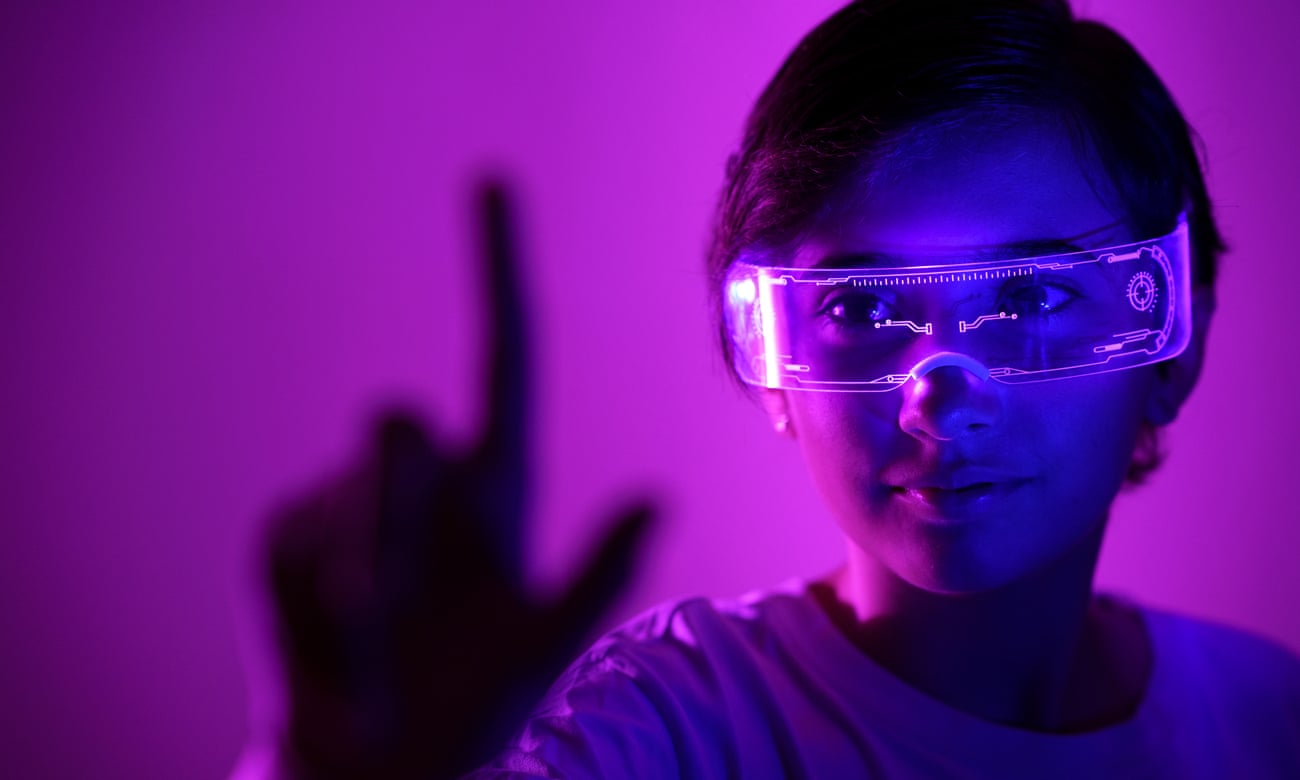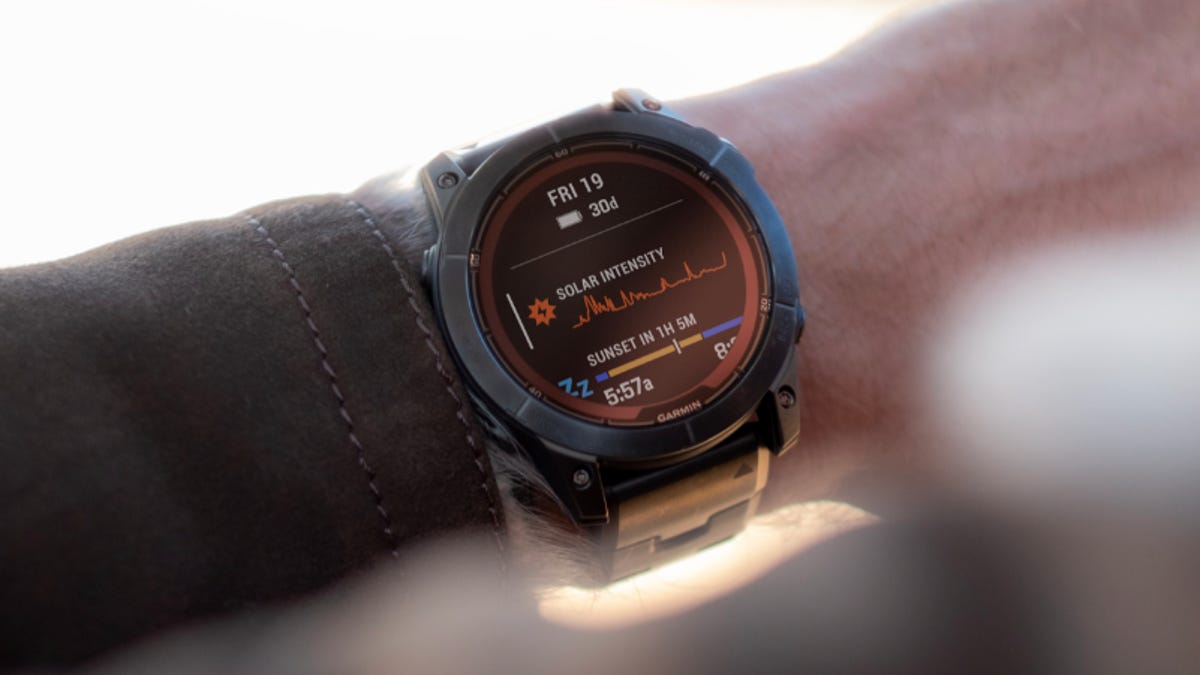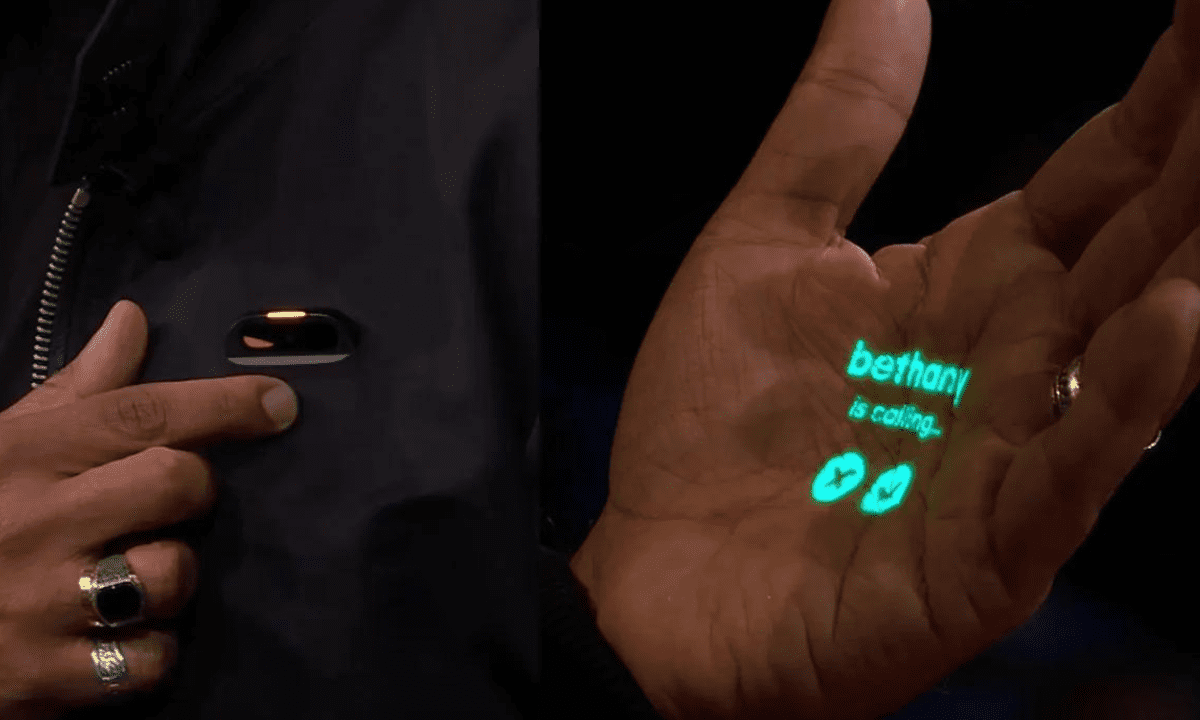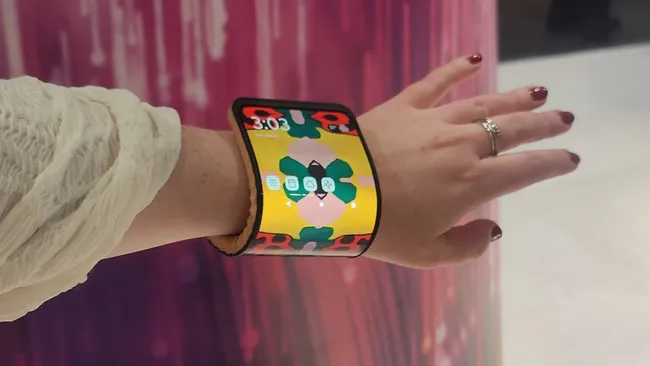Sun 31 Mar 2024 12.00 BST

Imagine it: you’re on the bus or walking in the park, when you remember some important task has slipped your mind. You were meant to send an email, to send an email, catch up on a meeting, or arrange to grab lunch with a friend. Without missing a beat, you simply say aloud what you’ve forgotten and the small device that’s pinned to your chest, or resting on the bridge of your nose, sends the message, summarises the meeting, or pings your buddy a lunch invitation. The work has been taken care of, without you ever having to prod the screen of your smartphone.
It’s the sort of utopian convenience that a growing wave of tech companies are hoping to realise through artificial intelligence. Generative AI chatbots such as ChatGPT exploded in popularity last year, as search engines like Google, messaging apps such as Slack and social media services like Snapchat raced to integrate the tech into their systems. Yet while AI add-ons have become a familiar sight across apps and software, the same generative tech is now making an attempt to join the realm of hardware, as the first AI-powered consumer devices rear their heads and jostle for space with our smartphones.
One of the first out of the gate will be the Ai Pin from California startup Humane. Only a little bigger than a tin of Vaseline, it’s a wearable device that attaches to your shirt via a magnet. It can send texts, make calls, take pictures and play music. But it doesn’t support apps or have a screen. Instead, it uses a laser to project a simple interface on to your outstretched palm, and its inbuilt AI chatbot can be instructed through voice commands to search the web or answer queries in much the same way you would expect of ChatGPT.
“I am planning to train Ai Pin to be my personal assistant and facilitate my writing and creative work,” says Virginia-based consultant Tiffany Jana, who’s pre-ordered the device before its initial US launch in April (Humane hasn’t yet announced a full global release schedule). She travels frequently and hopes it will be able to take the place of an accompanying photographer and translator. “I don’t have all the assistants and the massive team that once supported me. I’ve always been a technophile and I enjoy ChatGPT.”
Facebook parent company Meta, meanwhile, has already put out a pair of AI-powered smart glasses in partnership with Ray-Ban, and Chinese companies TCL and Oppo have followed suit with AI spectacles of their own. They all do much the same thing as the Ai Pin, and are being marketed for the way they connect to an AI chatbot that responds to voice commands.







